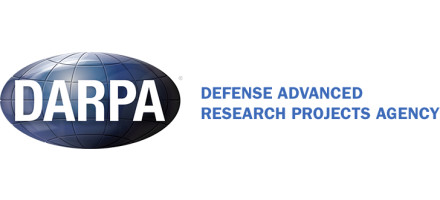DARPA program seeks to enable timing accuracy without GPS
NewsJanuary 20, 2022

ARLINGTON, Va. The U.S. Defense Advanced Research Projects Agency (DARPA) has announced its new Robust Optical Clock Network (ROCkN) program, which seeks to create low size, weight, and power (SWaP) optical atomic clocks that yield timing accuracy and holdover better than GPS atomic clocks and that can be used outside a laboratory.
When announcing the ROCkN program, DARPA outlined a plausible scenario: High-tech missiles, sensors, aircraft, ships, and artillery all rely on atomic clocks on GPS satellites for nanosecond timing accuracy; a timing error of mere billionths of a second can translate to positioning being off by a meter or more. If the satellites' GPS signals were jammed by an adversary, time synchronization would rapidly deteriorate and thereby threaten military operations.
DARPA officials state that ROCkN will leverage DARPA-funded research from the last several decades that has seen demonstration of the world’s most precise optical atomic clocks. Although the clocks developed under the program will not be quite as as the best optical clocks found in a lab, they will surpass current state-of-the-art atomic clocks in both precision and holdover while maintaining low SWaP in a robust package.
Tatjana Curcic, program manager in DARPA’s Defense Sciences Office, said of the ROCkN program: "The goal is to transition optical atomic clocks from elaborate laboratory configurations to small and robust versions that can operate outside the lab. If we’re successful, these optical clocks would provide a 100x increase in precision, or decrease in timing error, over existing microwave atomic clocks, and demonstrate improved holdover of nanosecond timing precision from a few hours to a month. This program could create many of the critical technologies, components, and demonstrations leading to a potential future networked clock architecture.”
A Proposers Day for interested parties is scheduled for February 3, 2022, via live webcast; details and registration information are available at https://go.usa.gov/xtBch.






